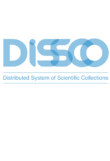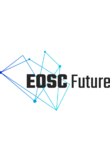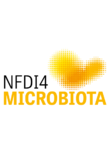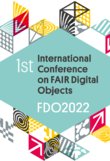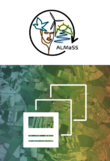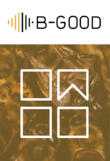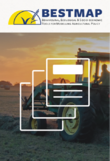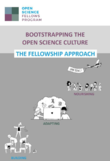Collections
Natural science collections are a treasure trove of data that are pivotal in finding solutions from and for nature; from conservation, health, minimising the degradation of natural capital and finding new sources of critical minerals, to addressing the challenges of food security, water scarcity and ...
The European Union has established the European Science Open Cloud (EOSC), as the “system of systems” Infrastructure where scientists, stakeholders and other types of users can find data, analytical web services, publications, networks and other research resources to carry out their work.
The ESF ...
This collection hosts outcomes and products from the COST Action CA20125 ParAqua "Applications for zoosporic parasites in aquatic ecosystems".
The Action is funded by the EU (2021-2024) and aims to organise and coordinate an innovative and dynamic European network connecting academia, industry an ...
Successful management, exchange and interpretation of an ever-growing tsunami of digital information and knowledge will depend on highly automated methods dealing with combined data. This will require artificial intelligence but also robust and informative ways to store and disseminate data and meta ...
This collection hosts outcomes from B-GOOD, a Horizon 2020 project funded under the European Union's Horizon 2020 research and innovation programme (grant agreement No 817622). B-GOOD is a 5-year funded project (2018-2023) that integrates the knowledge and experience of researchers, beekeepers and a ...
The BESTMAP RIO Collection will host key outputs relating to the new modelling framework the project is developing. The project’s work focuses on supporting EU policy design and monitoring, by addressing the complexity of decisions made by farmers and the wider impact of agricultural policy on natur ...
Observations are key to understand the drivers of biodiversity loss, and the impacts on ecosystem services and ultimately on people. Many EU policies and initiatives demand unbiased, integrated and regularly updated biodiversity and ecosystem service data. However, efforts to monitor biodiversity ar ...
